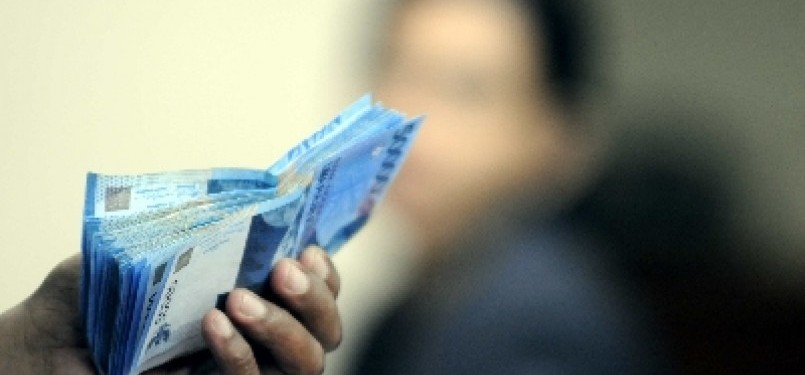REPUBLIKA.CO.ID, JAKARTA – Islamic banking assesses mutual profit sharing in real sector hardly become the benchmark to set the mutual profit sharing ratio. Market interest rates will be more dominant in setting the benchmark.
As financial organization, Islamic banking will likely perceive the financing performance of other financial organization. Mutual profit sharing system in real sector was not the right choice to be a benchmark, the Business Director of Bank Syariah Mandiri (BSM), Hanawijaya said recently. “For financial organization, the benchmark should be from financial organization, not from real sector,” he said in Jakarta.
The homogeneity of ratio for mutual profit sharing was not realistic, he said. Islamic banking to date still perceives the market expectation in setting the mutual profit sharing ratio. “For instance, supply-demand financing meets in the avarage rate of 10 percent. We cannot set the margin below that, since it is not realistic,” he said.
Islamic banking also considers the financing distribution profit. The less the profit, then the smaller the mutual profit sharing. Hanawijaya assesses, the lower the mutual profit sharing in Islamic banking from commercial banking, the consumers will be lesser attracted to Islamic banking.
However, using the benchmark of mutual profit sharing from real sector can also give some benefit to Islamic bank. Hanawijaya said, Islamic bank could use the index to find out the customer’s repayment capacity. “It will help us measuring repayment capacity from industry. If it is still worthy, we can give the financing,” he said.
Bank Indonesia has not socialized the mutual profit index in real sector to Islamic bank. The index may be presented to Islamic bank in March.


